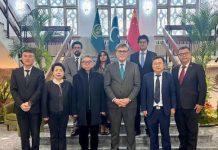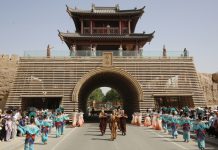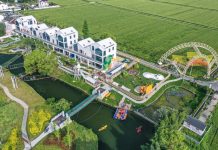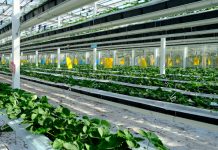Bureau Report
PESHAWAR: As Pakistan’s Planning Minister Asad Umar revealed on March 4 that machinery for China’s Century Steel unit being set up at Rashakai SEZ had arrived at the Karachi port, the news was received in its truest sense by a group of migrant labourers in Rawalpindi, sister city of capital Islamabad, because they knew what it meant for them.
Century Steel is the first firm to have started installing its plant at the R-SEZ with plans to invest $242 million in three phases. The firm will employ as many as 3,000 workers while the SEZ is estimated to create 200,000 jobs in total when fully developed.
“Once the Rashakai SEZ is fully functional, we will not need to come here and live in these pathetic conditions”, Adnan, a semi-skilled and half-literate worker was telling the rest, all from Swabi district of KP, which falls close to the R-SEZ. “We will have plenty of work to do near our own homes”, he continued with passion as others listened to him with hope radiating from their work-torn faces.
Swabi ranks among the “very poor” districts of KP as per the National Socio-Economic Registry (2010-11). Most of the labourers in the twin cities belong to Swabi, who live in miserable conditions in the suburbs of Islamabad and Rawalpindi to make both ends meet.
The level of joblessness among them, even in the twin cities, is so high that they could be seen flocking to every busy corner of either city in search of daily employment. In some cases, these poor workers are even not capable of arranging a rented shelter for them and have to spend nights on footpaths or in verandas of shopping centres.
In summers, they prefer to sleep on the medians of highways to save themselves from mosquitoes as the windblown with the speeding vehicles keep away the insects. In mornings and evenings, these labourers could be seen waiting in queues outsides restaurants in several parts of the twin cities to get free meals donated by visiting philanthropists.






